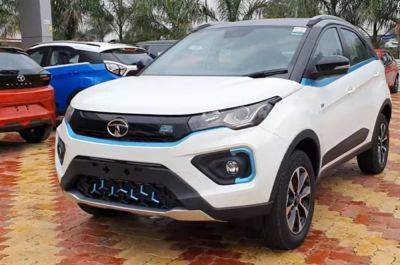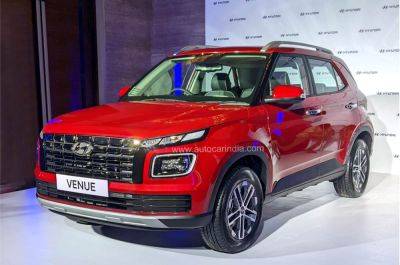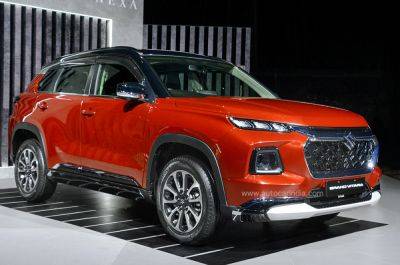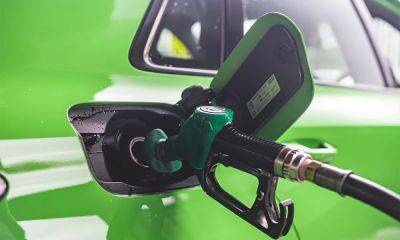Government Expected to Increase Fuel Levies from Later This Month
Atop increasing fuel prices, the government is also expected to raise the fuel levies following the national budget speech later this month.
Looking for a new or used frugal vehicle. Find them here with CARmag.
Following February’s increase across the board for fuel prices and the same expected for March, the South African motorist will need to dig even deeper after it is expected that Finance Minister Enoch Godongwana will increase the general fuel levy and road accident fund (RAF) levy which are attached to the price per litre the end consumer pays at the pumps. According to financial services PwC, these levies, which are the fourth largest revenue stream for the government’s budget, are expected to be frequently raised following the inflation rate (anywhere between 5 and 7%) in the 2024 budget. The Minister will unpack the 2024 Budget Speech which he will have presented in Parliament on 21 February 2024.
Massive Fuel Price Hike Expected for March 2024
A quick look at taxes and levies attached to fuel prices in South Africa: The end price at the pumps is comprised of the basic fuel price and wholesale and retail margins. In addition, the national government earns the general fuel levy and road accident fund levy which is added on after. Just over 50% of the end fuel price for consumers is determined by the cost of refined fuels arriving at national ports while taxes and levies now comprise 28% of the total fuel price. This results in extremely inflated fuel prices, which are in almost all cases higher than neighbouring countries which import their fuel through South Africa’s freight corridors. What this all means is that fuel costs in the region of R22 per litre at the pumps (depending on the grade of fuel and location of the station) while it enters the country for around R13 per litre. Wholesale and retail margins, including transportation, increase this cost by approximately 15%, to around R16 per litre while the government-imposed costs account for the remainder, or just under R7 per litre of fuel purchased. On a 60 litre tank, this means that approximately R420 is reserved for government taxes and levies.
March Madness! National Toll Fees Set to







